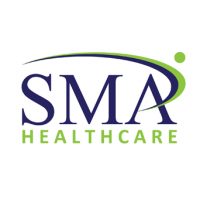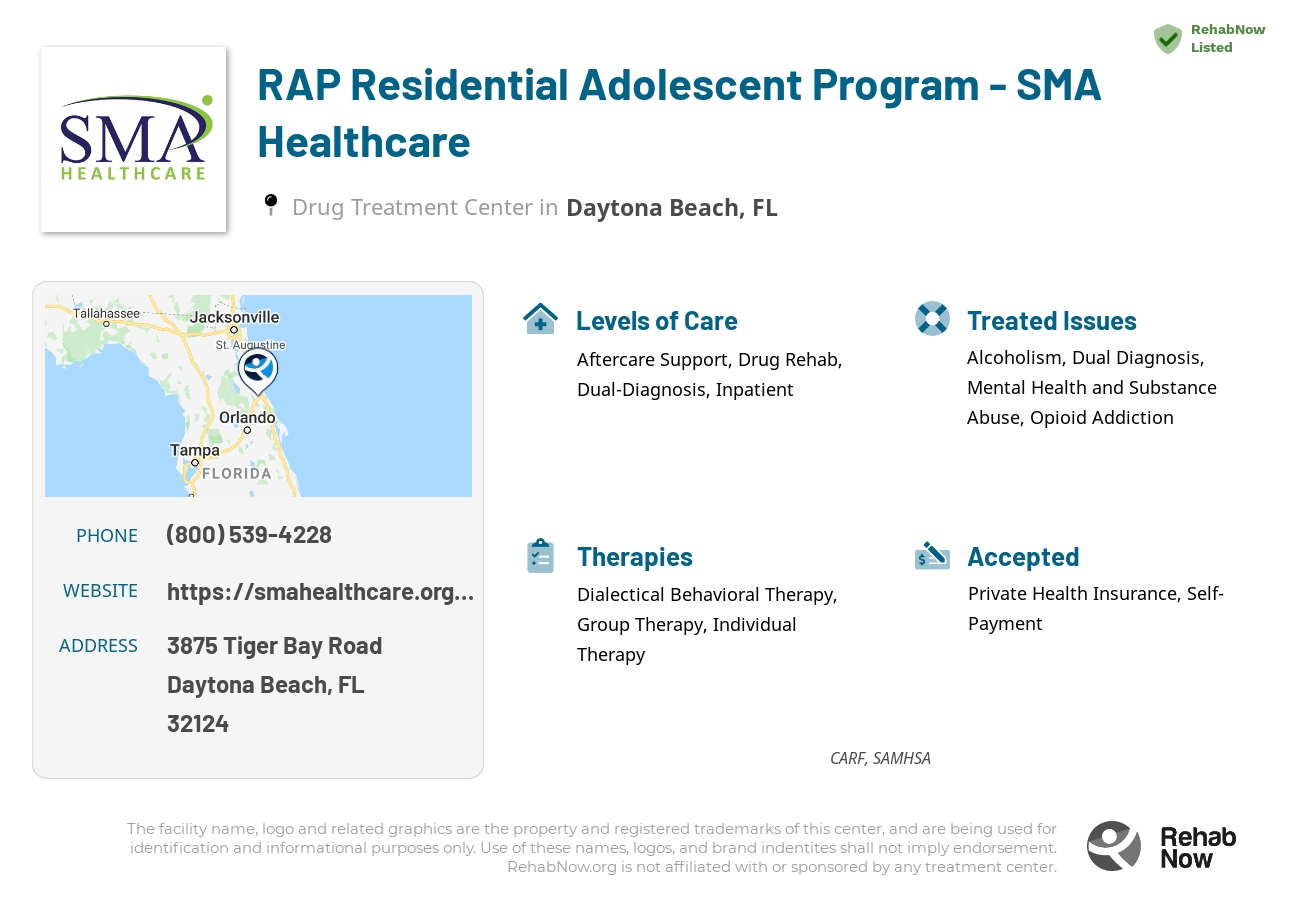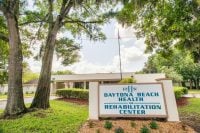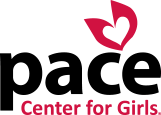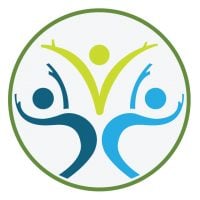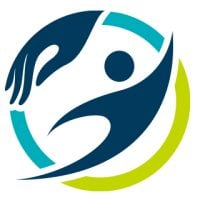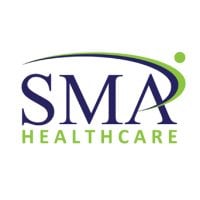RAP Residential Adolescent Program - SMA Healthcare
Drug Rehab Center in Daytona Beach, Florida
SMA Healthcare - RAP Residential Adolescent Program in Daytona Beach, Florida is an accredited treatment facility offering high-quality care for addiction and mental health issues, providing services such as aftercare support, inpatient care, detoxification, and residential treatment.
About RAP Residential Adolescent Program - SMA Healthcare in Florida
SMA Healthcare - RAP Residential Adolescent Program, situated in Daytona Beach, Florida, offers a specialized residential treatment for adolescents aged 13 to 17, focusing on developing their strengths, social intelligence, and recovery lifestyle. With a capacity of 20 beds, this program stands out for its evidence-based approach, personalized counseling, and extensive skill-building curriculum designed to empower young individuals for outpatient success.
Accredited by CARF and SAMHSA, SMA Healthcare demonstrates a commitment to maintaining high-quality standards in all its services. The program's approach to treatment is designed to meet the unique needs of adolescents, supporting them through a journey that extends from residential care into outpatient or aftercare, ensuring continuity and support for a sober living environment.
- Tailored Adolescent Care: Specifically designed programs for 13 to 17-year-olds focusing on personal strength, social skills, and recovery.
- Comprehensive Support Services: Offers a range of services including individual counseling, substance use education, and aftercare planning.
- Accredited and Experienced: Backed by CARF and SAMHSA accreditations, ensuring a high level of care and support.
The SMA Healthcare - RAP Residential Adolescent Program specializes in addressing issues such as alcoholism, opioid addiction, drug addiction, and mental health disorders. Utilizing a range of treatment methods including evidence-based interventions, dual-diagnosis treatment, and supportive aftercare, the facility provides a structured path to recovery for adolescents seeking to overcome addiction.
Genders
Ages
Modality
Additional
Accreditations
SAMHSA

CARF
The Commission on Accreditation of Rehabilitation Facilities (CARF) is a non-profit organization that specifically accredits rehab organizations. Founded in 1966, CARF's, mission is to help service providers like rehab facilities maintain high standards of care.
Conditions and Issues Treated
Substance abuse is the excessive use of any drug. This includes alcohol, medications, and illegal drugs. Substance abuse is treated with a combination of physical and mental treatments. Patients detox and follow up with therapies that target the underlying cause of the addiction. Substance abuse is a severe problem that can be successfully treated with a variety of therapies. RAP Residential Adolescent Program - SMA Healthcare treatment uses a combination of therapies along with other resources to overcome substance abuse.
Opioid addiction treatment should be done in a medically supervised drug rehab. While taking opioids, users will typically use other substances to enhance the effects of opioids or to reduce the adverse effects of opioid use. Opioid addiction treatment will include detoxification and drug rehab counseling to help both the user and their loved ones learn how to live a successful sober lifestyle.
Treatments such as methadone, buprenorphine, and naltrexone are three medications that can help treat opioid addiction. These drugs work on the brain’s pleasure center and reduce cravings and the effects of illicit opioids such as heroin. These drugs can be either given orally or by injection. Individual drug rehab counseling sessions can be helpful to discuss any questions or concerns with the drug treatment program. This counseling will also help the user set goals for when they finish drug rehab.
Opioid addiction recovery is a long process. Many of the changes to the brain caused by opioid use cannot be undone, but with time and the proper treatment, a person can return to normal function. After detox, treatment will include drug rehab counseling and entering a halfway house or sober living community. Aftercare is critical to long-term recovery, as it helps the user avoid relapsing and entering back into drug rehab.
Levels of Care Offered
This center offers a variety of custom treatment tailored to individual recovery. Currently available are Aftercare Support, Detox, Drug Rehab, Dual-Diagnosis, Inpatient, Residential, with additional therapies available as listed below.
An addict may have to go through alcohol or drug withdrawal. While detox may be uncomfortable, it is not life-threatening. Detoxification allows the addict to rid the body of all traces of drugs or alcohol and gives the addict a clean slate for their recovery. In an inpatient or outpatient setting, detox can be managed medically.
Inpatient treatment for alcoholism or drug addiction is an option that provides the addict with a supportive environment in which they can stop using. This type of treatment is appropriate for addicts that are most in need of intensive care and supervision. This includes those who were unable to quit on their own, those who need more structure than they can get in outpatient treatment.
Residential treatment programs are those that offer housing and meals in addition to substance abuse treatment. Rehab facilities that offer residential treatment allow patients to focus solely on recovery, in an environment totally separate from their lives. Some rehab centers specialize in short-term residential treatment (a few days to a week or two), while others solely provide treatment on a long-term basis (several weeks to months). Some offer both, and tailor treatment to the patient’s individual requirements.
Aftercare support is vital to those who have completed a drug or alcohol treatment program. This support comes in individual and family counseling, treatment of psychiatric and other medical conditions, and medications to reduce cravings. It helps recovering addicts adjust to normal day-to-day activities and can last for a year or longer.
The majority of drug and alcohol addicts who receive aftercare treatment do not relapse. It is estimated that without aftercare, the relapse rate will be between 70 to 90 percent for most people. Aftercare is the final stage in addiction recovery, but it will also help maintain sobriety if relapse does occur.
Therapies & Programs
No single treatment works for all addicts; therefore, the goal of treatment and therapy should be to find what works best for each individual. Some people requiring addiction treatment may only need a few weeks of inpatient care. Others will require long-term residential care. Tolerance and withdrawal levels vary from person to person and thus affect the intensity of the treatment needed.
If an individualized approach to treatment and therapy is not offered, addicts may fail to reap benefits from their efforts. Professionals must customize plans according to their patient’s needs, limitations, and strengths. The goal of all forms of addiction treatment should be for addicts to find healthy ways to cope with their addiction and its underlying causes.
The therapies usually include siblings, children, and parents who are involved in their daily lives. These sessions are vital because they address past issues that may have hampered an addict’s or alcoholic’s recovery and provide support at a crucial time!
One of the most critical aspects of family therapy is helping addicts’ loved ones see their situation in a new light. It’s also one of the most challenging things a family can do when a loved one struggles with addiction or alcoholism.
Group therapy is held in a safe, controlled setting where patients can feel comfortable sharing their struggles and gaining perspective through shared conversations. It takes place in a group rather than one on one to prevent feelings of isolation or being unique in their situation while creating an environment for addicts at RAP Residential Adolescent Program - SMA Healthcare to develop fellowship, accountability, and support. Group therapy is an important tool in recovery that prevents cravings that prompt a return to active addiction.
This type of therapy involves the use of a variety of therapeutic techniques to help addicts recover from past traumas that might have triggered their substance abuse. During these sessions, therapists will work with the addict to address painful memories and learn how to cope effectively with stressors as they arise.
During these types of sessions, therapists will typically focus on three main goals:
- Identifying and expressing painful emotions associated with past traumas.
- Reducing the effects of stress on an addict’s life by developing more effective coping mechanisms.
- Developing healthy ways of thinking about stressful situations that can help addicts avoid substance abuse issues in the future.
This type of therapy is typically used in conjunction with other types of addiction treatment services. By identifying and dealing with the root cause of addiction, most addicts can overcome their cravings and prevent relapse once they leave rehab.
Many different types of addiction treatment services exist to help addicts safely get sober, but it’s important for recovering individuals to find a therapist or support group that will help them address the root cause of their addiction.
Dialectical Behavior Therapy is a form of Cognitive Behavioral Therapy that helps patients understand the relationship between their thoughts, feelings, and behaviors. It is beneficial for those whose addictions and behaviors stem from severe mental health issues. It aims to help the patient achieve their goals and identify how they can enhance their lives.
Cognitive-behavioral therapy is a talking-based method that helps people struggling with addiction replace destructive behaviors with healthier ones. CBT also helps them identify the underlying thoughts and beliefs that cause these behaviors in the first place and ways to control those thoughts and feelings. It can be administered as a holistic therapy or as part of combination therapy and—as opposed to turning to drugs and alcohol—helps addicts learn how to respond to negative thoughts instead.
12-step programs are one of the most common types of relapse prevention programs. They’re typically offered by private organizations like Alcoholics Anonymous, Narcotics Anonymous and Nicotine Anonymous.
During these meetings, addicts can learn about their addiction and work through it with others who are also struggling to overcome their addiction. These groups provide support that the addict might not be able to get from friends and family, and they can also prevent the addict from feeling isolated.
While self-help groups like these are effective for some addicts, others prefer services that provide more structure and support. For example, these programs might offer counseling sessions or even medical treatment with prescription medication.
Patient Experience
Experiential Therapy at RAP Residential Adolescent Program - SMA Healthcare
Experiential Therapy is used by drug treatment facilities to treat substance abuse. This treatment is clinically proven to help addicts in detoxification by allowing them to release emotions in a safe environment. The treatment process involves addicts painting their feelings and releasing them on a canvas.
One of the most popular forms of experiential therapy is known as LPE – Love, Peace, and Equilibrium. Amy Gumowitz developed this treatment in 1992. By implementing her philosophy of “reality therapy” into the treatment, Gumowitz’s results were outstanding. Once her success was validated by those she had been helping, she decided to open her treatment center. Although Gumowitz passed away in 2007, her contribution to the addiction recovery remains effective, and better yet, it is 100% self-sufficient.
Payment Options Accepted
For specific insurance or payment methods please contact us.
Is your insurance accepted?
Ask an expert, call (888) 674-0062
Stewart Marchman Center Associated Centers
Discover treatment facilities under the same provider.
- SMA - Deland Men's Residential Treatment - DMRT in Deland, FL
- Stewart Marchman Act Behavioral Healthcare in Daytona Beach, FL
- SMA Behavioral Health Services - Red John Drive in Daytona Beach, FL
- Stewart Marchman Act Behavioral Healthcare - Inpatient in Bunnell, FL
- Stewart Marchman Act Behavioral Healthcare - Fentress Boulevard in Daytona Beach, FL
Learn More About Stewart Marchman Center Centers
Additional Details
Specifics, location, and helpful extra information.
Daytona Beach, Florida 32124 Phone Number(800) 539-4228 Meta DetailsUpdated April 15, 2024
Staff Verified
RAP Residential Adolescent Program - SMA Healthcare Patient Reviews
There are no reviews yet. Be the first one to write one.
Daytona Beach, Florida Addiction Information
Florida is one of the nation's epicenters for substance abuse and drug-related overdoses. In 2014, around 410,000 Florida residents were addicted to drugs and alcohol. Over the last 10 years, 12% of all deaths in the state were attributed to substance abuse. Treatment admissions for alcohol reached 24,329 patients in 2016, and 2.5% of Florida high school students admitted to using crack cocaine.
Daytona Beach, Florida has a high rate of drug and alcohol abuse. Marijuana is the most commonly abused drug in the city. There were 1,887 drug/alcohol treatment admissions in 2019. The statistics show that these treatment centers are abundant, so they can help you find the best center to fit your needs. Treatment options include detoxification, inpatient and outpatient programs, counseling and 12-step plans.
Treatment in Nearby Cities
- Jupiter, FL (165.9 mi.)
- Davie, FL (219.3 mi.)
- Yulee, FL (106.4 mi.)
- Avon Park, FL (109.3 mi.)
- Mulberry, FL (99.8 mi.)
Centers near RAP Residential Adolescent Program - SMA Healthcare
The facility name, logo and brand are the property and registered trademarks of RAP Residential Adolescent Program - SMA Healthcare, and are being used for identification and informational purposes only. Use of these names, logos and brands shall not imply endorsement. RehabNow.org is not affiliated with or sponsored by RAP Residential Adolescent Program - SMA Healthcare.
